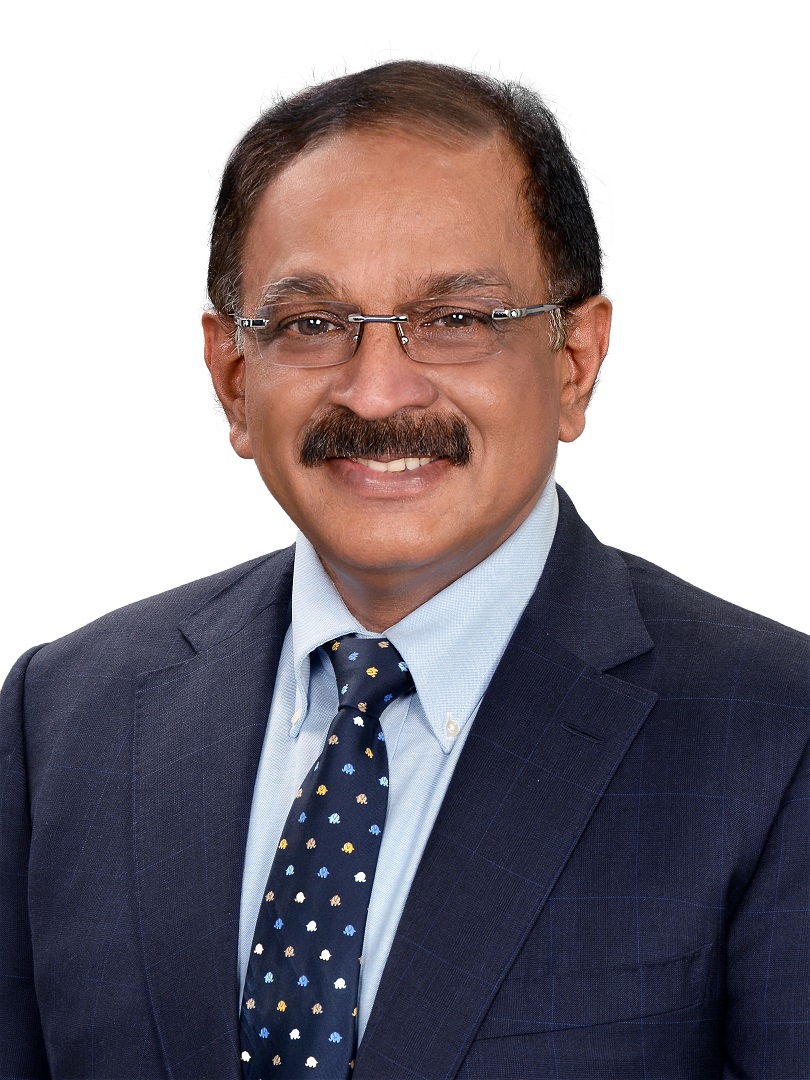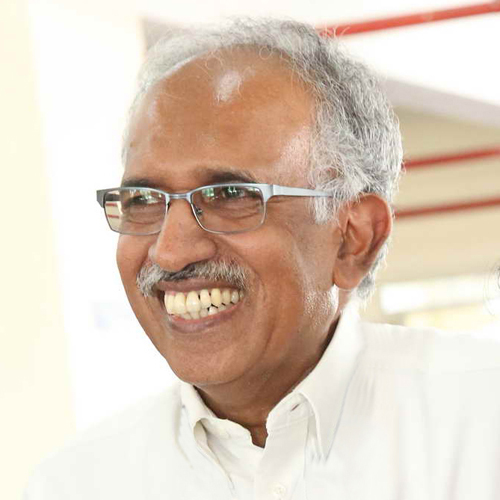Dr. R.
Kim began his career as Consultant in Vitreous Retina Services at Aravind
eye hospital, Madurai and later became the chief of the clinic. He is the Director of
Aravind's telemedicine network and IT services. He is also the Chief Medical Officer of
Aravind Eye Hospital, Madurai. Dr. Kim graduated in medicine in the year 1988 from Siddhartha
Medical College, Vijayawada. He completed Diploma in Ophthalmology from Aravind Eye Hospital,
Madurai in the year 1991 and Diplomate of National Board from Aravind Eye Hospital, Madurai in
the year 1994.
Dr Kim is a leading expert in applying AI to
the clinical
workflow, particularly in the fields of vision, community, city and camp health. He has
developed solutions that allow patients to get precise diagnosis at the earliest possible stage,
enhancing their outcomes and quality of life.His work has also reduced the costs and risks
associated with traditional methods of diagnosis and treatment, making health care more
accessible and affordable for many people.
He has been working closely with Google since 2014 to help them design, train, test, pilot and deploy in over 75 locations and currently serving thousands of patients every month. His collaboration with Google has resulted in innovative and scalable AI solutions that can benefit hundreds of people around the world. He has also partnered with other large organizations to identify and tackle the challenges that AI can address in the health sector, showing his leadership and innovation skills. He has contributed to the advancement of AI research and practice, as well as the ethical and social implications of AI in health care.

This video, Dr Kim speaks about the AI in Tedx
Click here to watchThis is the JAMA paper
Actual research work done by Dr Kim and Google was published in Jama
Click here to watchLaunching a powerful new screening tool for diabetic eye disease in India
Click here to watchPost implementation Survey, the effectiveness of AI in real world usage and key lessons we learned from our work
Click here to watch
Thulasiraj One of the founding
members of Aravind Eye Care System, serves as a Director of AuroITech.
He is also currently the Executive Director of the Lions Aravind Institute of Community
Ophthalmology (LAICO) and Director-Operations for Aravind Eye Care System.
LAICO is the training and consulting arm of Aravind with the mandate to support eye care
programmes globally through consultancy and capacity building, management training, and
research.
Activities also include offering IT-based products and services as well as being of service to
INGOs and Governments.
Under his guidance and handholding, nearly 400 eye hospitals spread across 30 countries have
improved their operational efficiency, patient volumes and quality of care.
With a strong passion for leveraging technology for better patient care, Aravind was one of the
first hospitals in the country to develop an Integrated Hospital Management System way back in
1990.
Since then he has ensured that Aravind remains an early adopter of technology.
He began his career in 1973 as Systems Manager at Berger Paints (India) Ltd., Calcutta.
In 1981, he joined as Aravind's first Administrator and served in that position for two decades.
During this time, he put into place several processes that helped Aravind reach a level of
operational efficiency that has now become world renowned.
He is the Founder President of VISION 2020: The Right to Sight-India and now, an honorary member
on the Management Board. He is a Board Member of Acumen Fund - USA, and Aurolab.
He was earlier on the boards of Seva Foundation - USA, Dhan Foundation and Indian Institute of
Management, Calcutta.
He is also a member of several national and international eyecare advisory committees.
He has Bachelors from Madras Christian College and PGDM (MBA) from Indian Institute of
Management.
He was visiting scholar at University of Michigan, Ann Arbor, USA and University of
Pennsylvania, Philadelphia, USA, as well as guest faculty in many academic institutions in India
and other countries.